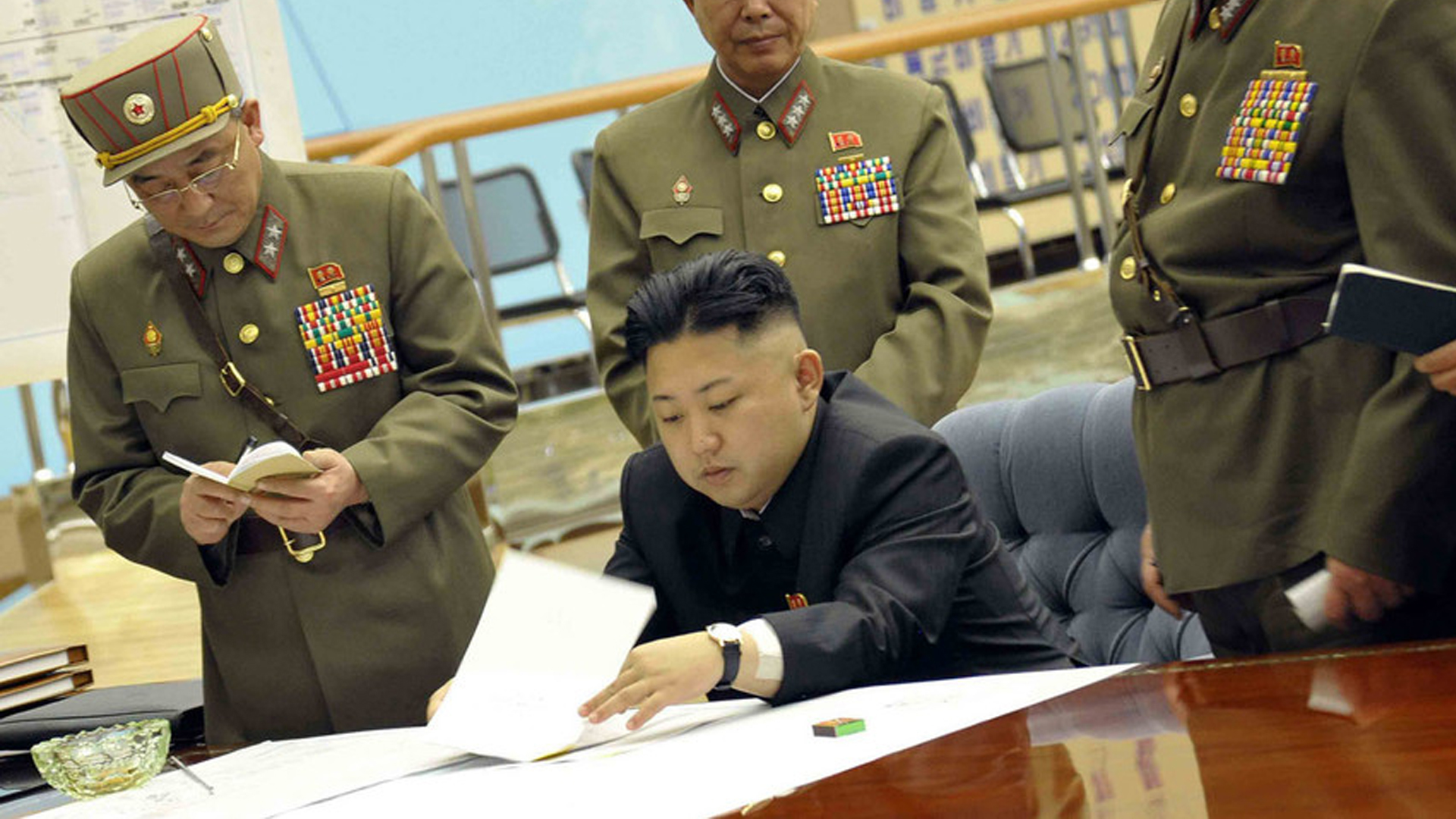
October 18, 2016
CNAS Press Note: South Korean Deterrence Against North Korean Nuclear Progress
Washington, October 18 – In advance of the Two Plus Two meetings beginning tomorrow, Center for a New American Security (CNAS) Robert M. Gates Senior Fellow Elbridge Colby has written a new Press Note, “South Korean Deterrence Against North Korean Nuclear Progress.”
The full Press Note is below:
North Korea’s seemingly unhindered progress towards a significant capacity to deliver nuclear weapons on top of ballistic missiles – including to intercontinental ranges reaching the United States – is fundamentally undermining stability in Northeast Asia. The United States, Japan, and South Korea are all taking steps – singly, bilaterally, and (unfortunately too rarely) jointly to defend against and deal with this growing threat.
The most significant shifts, however, are going on in South Korea, where both the populace and the government are rethinking the Republic of Korea’s defense strategy in fundamental ways. This has most provocatively included growing calls and public support for an independent South Korean nuclear arsenal to offset the North’s. Such a step, however, faces stiff opposition from abroad and deep skepticism from the government in Seoul, which recognizes the enormous ramifications of such a move.
But there are a number of steps short of this that South Korea is considering or appears even to have adopted that could also be of substantial significance for stability on the Peninsula. For instance, South Korean military leaders have been increasingly vocal in recent weeks and months about their preparedness to launch a preemptive strike against the North if the South detects the North readying for a missile launch – and it is unclear whether or how the South would coordinate such a dramatic move with the United States. South Korea is also considering acquiring nuclear-powered submarines, longer-range missiles, and a variety of missile defenses.
The United States is committed to the defense of South Korea and to the Republic’s security. But many of these potential steps would have major implications for the management of escalation, crisis management, and deterrence and stability. The two countries need to coordinate their defense efforts and strategies to ensure effective deterrence but also aligned expectations. As the two allies prepare for two plus two meetings between the respective foreign and state secretaries/ministers on October 19 in Washington, these issues need to be high on the agenda.
Colby is available for interviews. To arrange an interview, please contact Neal Urwitz atnurwitz@cnas.org or 202-457-9409.
